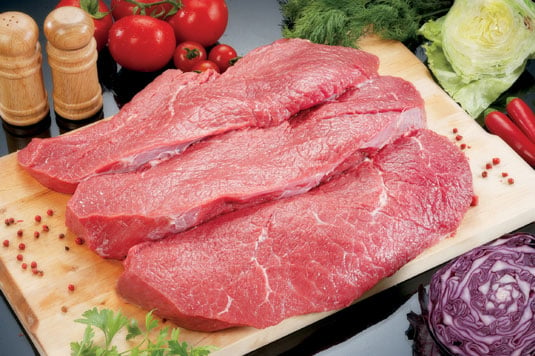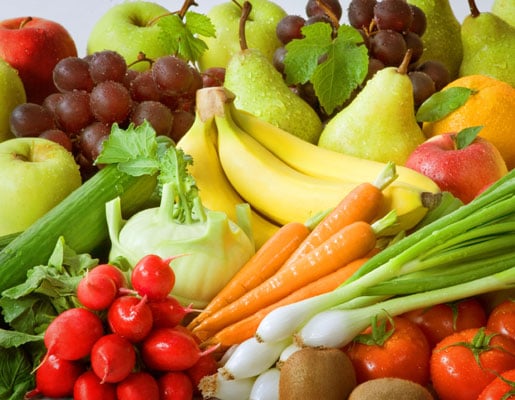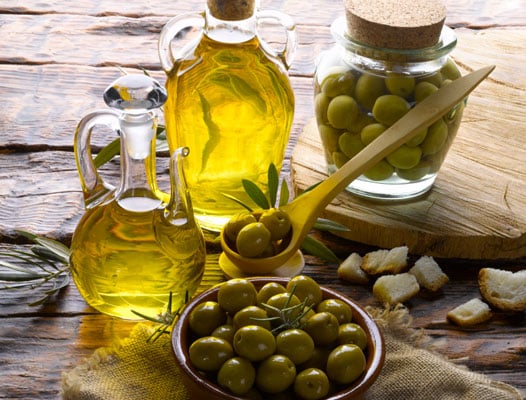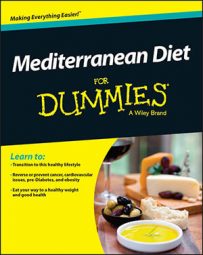Whether you’re undergoing treatment for cancer or want to reduce your risk for recurrence, good nutrition is key. The Mediterranean diet offers nutrient benefits for cancer prevention as well as improving your lifespan. The incidence of cancer in the Mediterranean is lower than in the UK and United States, and the specific cancers involved, like bowel, breast, and prostate, have been attributed to dietary causes.
Chemo and radiation therapy can cause changes in your eating habits, for a variety of reasons. In some cases, the treatment itself is responsible. In others, fatigue from the treatments can leave you too tired to eat, or the treatment itself can alter your taste for food. All of these possibilities are bad, because good nutrition is especially important during cancer treatments. Here are some reasons why:
Eating well helps you keep your energy up.
Good nutrition helps you manage side effects.
A healthy diet can help your body fend off infection.
Researchers out of Greece and Harvard who published work in the journal Cancer Epidemiology, Biomarkers, and Prevention estimate that up to 25 percent of incidences of colorectal cancer, 15 percent of breast cancer, and 10 percent of endometrial, prostate, and pancreatic cancer could be prevented with adherence to a Mediterranean diet. Let food be your medicine (in addition, of course, to whatever treatment your primary physician recommends)!
Here are some things you can do:
Eat less meat.

If you do, research shows your risk for cancer is reduced, up to 50 percent according to some studies. Instead of eating meat, get your protein from fish, eggs, nuts, seeds, and grains, all of which contain protein. Mediterranean favorites include fish like salmon, tuna, sardines; nuts like walnuts or pistachios; and grains like bulgur and quinoa.
Eat more fruits and veggies.

Flavonoids found in many plant-based foods are antioxidants and contain additional compounds that may prevent the risk of cells turning cancerous. Fiber found in fruits, veggies, and legumes can also help reduce the risk of certain types of cancers. Remember, the more variety, the better for your health because you also obtain a variety of nutrition.
More olive oil, please!

Olive oil is a healthy monounsaturated fat that helps fight inflammation and risk for developing cancer, especially when combined with a diet that avoids high-fat meat, dairy, and butter.

